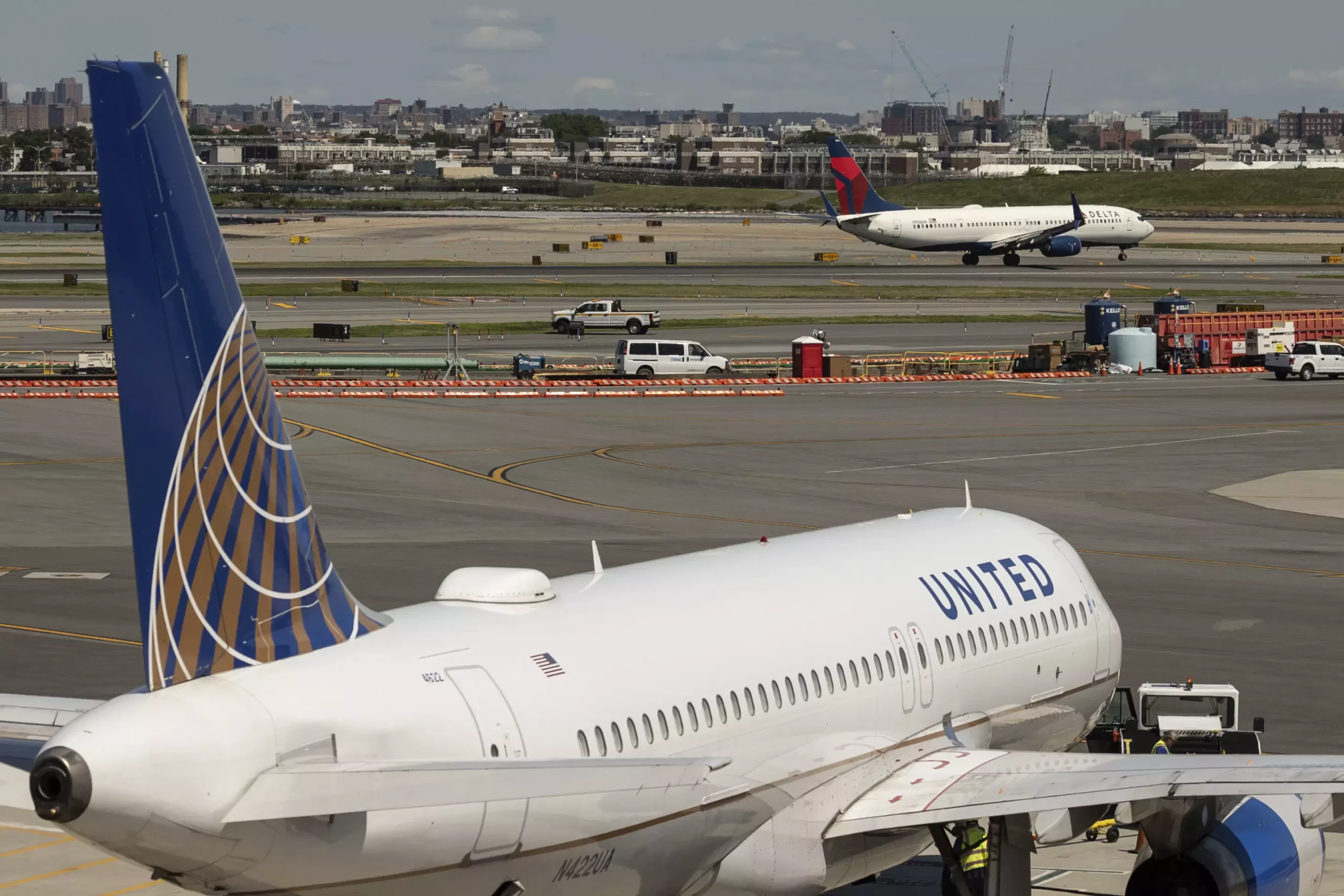In the wake of a faulty software update, airlines, including industry giant Delta Air Lines, are still grappling with the fallout. A total of 1,461 flights within, into, or out of the U.S. were canceled on Sunday alone, according to FlightAware data. This ongoing disruption in operations has left both passengers and airlines frustrated and scrambling to rectify the situation.
Delta and United Airlines were among the carriers that bore the brunt of the cancellations. Delta’s CEO, Ed Bastian, acknowledged the extensive impact on the airline’s operations, with over 3,500 flights being scrubbed due to the technical glitch. The airline has been working tirelessly to restore its systems and accommodate affected passengers, offering waivers and re-accommodation options.
Transportation Secretary Pete Buttigieg has been closely monitoring the situation, engaging with Delta’s leadership to address the high number of cancellations. Buttigieg emphasized the importance of prompt refunds for passengers who opt not to be rebooked, as well as timely reimbursements for expenses incurred due to the disruptions. The Department of Transportation is urging airlines to prioritize customer service and support for affected travelers.
The software update failure couldn’t have come at a worse time, coinciding with one of the busiest travel weekends of the summer. The incident exposed vulnerabilities in Delta’s technology infrastructure, particularly in crew tracking tools, leading to widespread chaos and confusion among passengers. CEO Bastian issued a public apology, expressing regret for the inconvenience caused to travelers.
The incident serves as a stark reminder of the critical role technology plays in modern air travel operations. As airlines become increasingly reliant on digital systems, ensuring the resilience and redundancy of these systems is paramount. Clear and transparent communication with passengers during disruptions is also crucial in maintaining trust and loyalty.
The aftermath of the Delta Air Lines software update failure underscores the fragility of the aviation industry’s technological infrastructure. It highlights the need for constant vigilance, investment in robust systems, and a customer-centric approach to handling crises. As passengers navigate the uncertainty caused by flight cancellations and delays, the industry must learn from this experience to prevent similar incidents in the future.


Leave a Reply